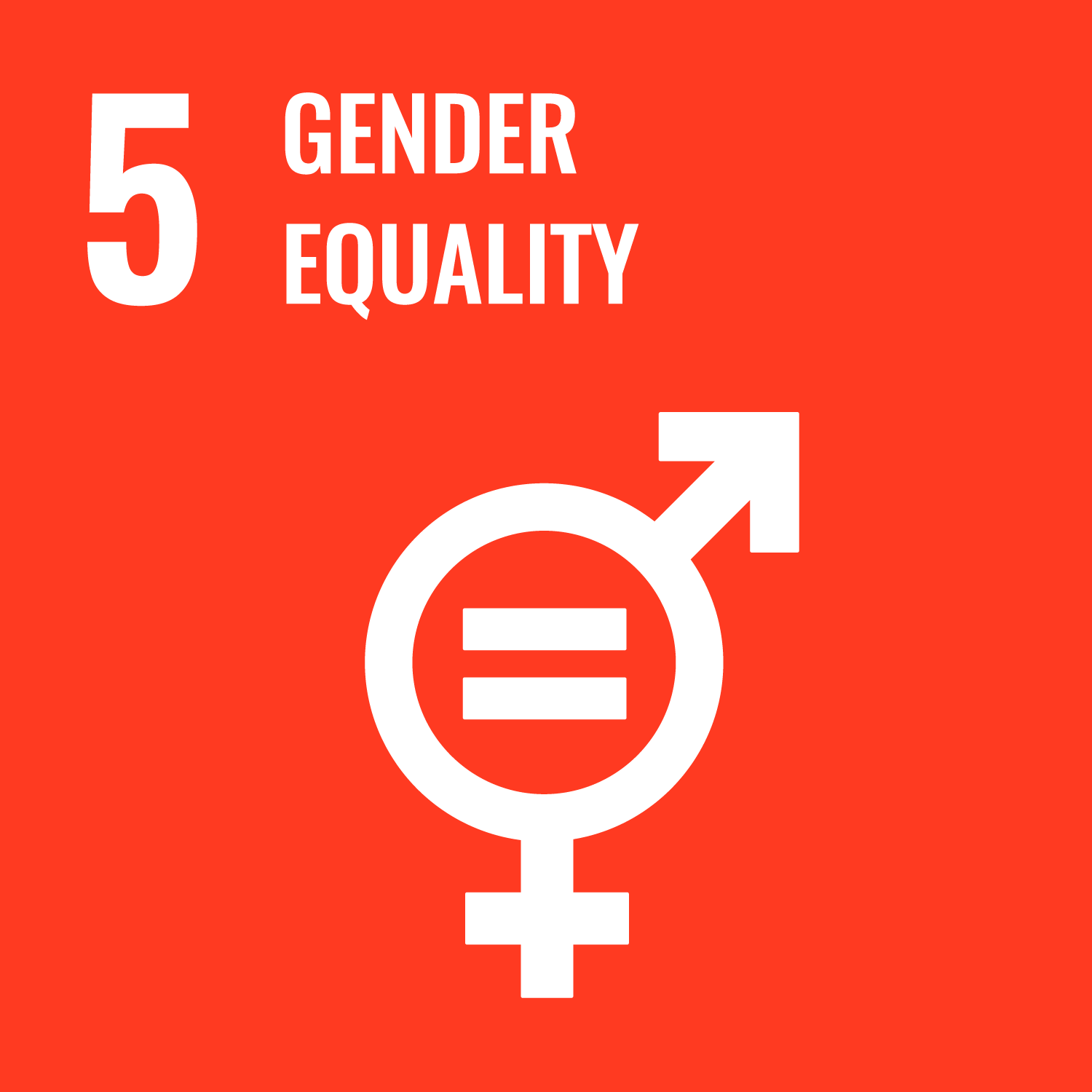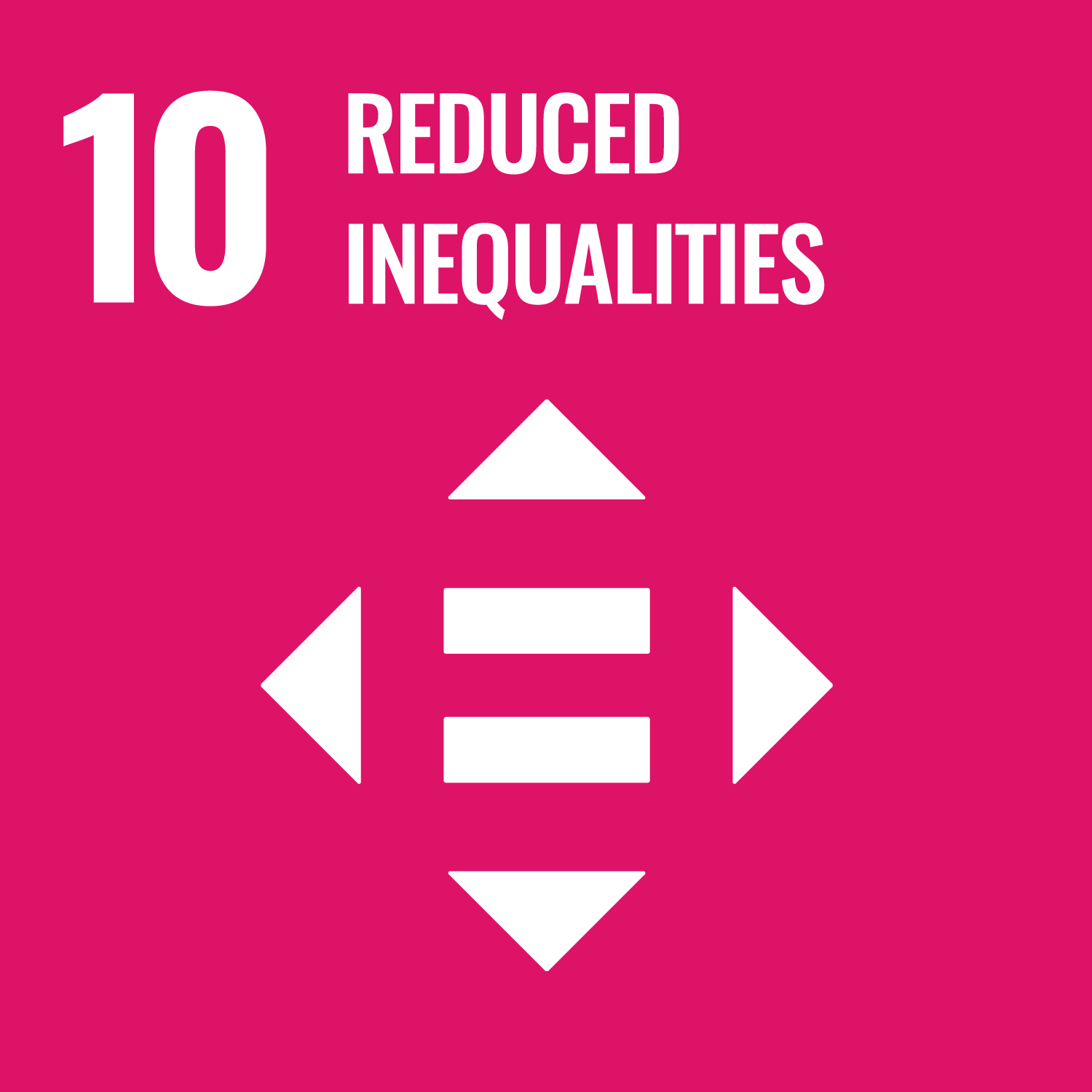Innovative Financing Models for boosting employment in vulnerable populations in Mozambique
Aligned SDGs



- Innovative Financing Models for boosting employment in vulnerable populations in Mozambique
- General overview
- Intervention
- Target population
- Location
- Outcome metrics
- Last data update
- Spreadsheet of data
- Innovative Financing Models for boosting employment in vulnerable populations in Mozambique
- General overview
- Intervention
- Target population
- Location
- Outcome metrics
- Last data update
- Spreadsheet of data
General overview
Stage of development: Early stage
Policy sectors: Employment and private sector development
Type of instrument: Impact Bond
Delivery locations: Mozambique
Country classification: Low-income
Expected launch date: Q2 - 2023 or later
Project design process began: Q4 2020
Max potential outcome payment: USD Ranging from potential $500k to $20m (varying significantly between models and the appetite of funders)
Intervention
Social or environmental challenge
50 % of Mozambicans are still living in poverty and social and economic inequalities are continuing to grow. The challenges faced by disadvantaged urban youth and women (DUYW) are severe. Without deliberate intervention to address the constraints facing them, this trend is set to worsen. MUVA, a Mozambican NGO supporting women’s economic empowerment, in collaboration with Social Finance, identified four outcomes-oriented innovative finance intervention models with the potential to enable DUYW to access jobs and economic opportunities. Each responds to a specific set of challenges: (i) addressing the visible and invisible gender-specific barriers young women face when entering the workforce, (ii) the technical and financial support needed to incubate DUYW entrepreneurs, and (iii) the culture change required from larger employers to accommodate young women.
(Scoping report: https://www.socialfinance.org.uk/sites/default/files/publications/muvareport.pdf)
Description of the intervention
(1) a Female Economic Empowerment and Employment DIB
(2) an Early Stage Enterprise Catalytic Fund
(3) a Gender-Impact Blended Finance Fund
(4) an outcomes-oriented Public Goods Cash Transfer programme
Target population
Demand side: disadvantaged urban youth and young women in Mozambique
Supply side: enterprises, ranging from subsistence entrepreneurs to larger enterprises
Location
Country:
- Mozambique
Locality:
- Mozambique
Outcome metrics
- (1) Female Economic Empowerment and Employment DIB: increases in employability, increases in economic activity and increases in female agency, autonomy and choice
- (2) Early Stage Enterprise Catalytic Fund: increased employment of DUYW populations, social value created by SMEs
- (3) Gender-Impact Blended Finance Fund: large firms’ performance against gender equality and women’s empowerment indices
- (4) Public Goods Cash Transfer programme: payments linked to public good creation, including green/environmental benefits Specific metrics TBD.
Last data update
Data for this pipeline project was last updated in April 2022
You might have noticed that some pipeline projects have more data than others. This is because organisations can share as much data as they want with the INDIGO initiative. If you have more data on one of these pipeline projects and would like to share with us, please get in touch at indigo@bsg.ox.ac.uk. Our full list of variables and data definitions can be found here.
Spreadsheet of data
Important Notice and Disclaimer on INDIGO Data
INDIGO data are shared for research and policy analysis purposes. INDIGO data can be used to support a range of insights, for example, to understand the social outcomes that projects aim to improve, the network of organisations across projects, trends, scales, timelines and summary information. The collaborative system by which we collect, process, and share data is designed to advance data-sharing norms, harmonise data definitions and improve data use. These data are NOT shared for auditing, investment, or legal purposes. Please independently verify any data that you might use in decision making. We provide no guarantees or assurances as to the quality of these data. Data may be inaccurate, incomplete, inconsistent, and/or not current for various reasons: INDIGO is a collaborative and iterative initiative that mostly relies on projects all over the world volunteering to share their data. We have a system for processing information and try to attribute data to named sources, but we do not audit, cross-check, or verify all information provided to us. It takes time and resources to share data, which may not have been included in a project’s budget. Many of the projects are ongoing and timely updates may not be available. Different people may have different interpretations of data items and definitions. Even when data are high quality, interpretation or generalisation to different contexts may not be possible and/or requires additional information and/or expertise. Help us improve our data quality: email us at indigo@bsg.ox.ac.uk if you have data on new projects, changes or performance updates on current projects, clarifications or corrections on our data, and/or confidentiality or sensitivity notices. Please also give input via the INDIGO Data Definitions Improvement Tool and INDIGO Feedback Questionnaire.